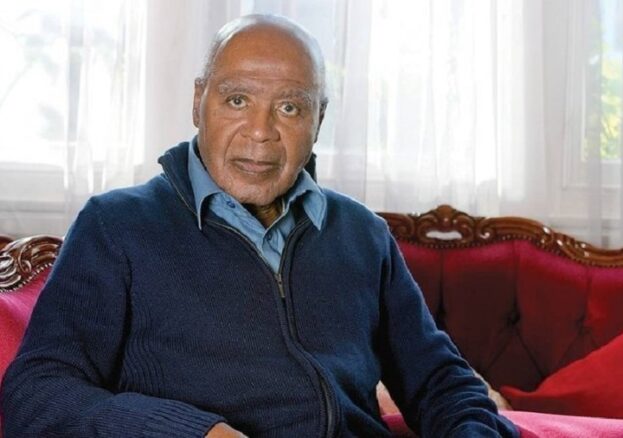
Dr. Paul Stephenson, a heroic figure in the British civil rights movement and the courageous leader of the 1963 Bristol Bus Boycott, has passed away at the age of 87. The revered campaigner, who died after a prolonged battle with Parkinson’s disease and dementia, is celebrated for his unwavering commitment to fighting racial discrimination and his tireless efforts to champion equality for all.
In a heartfelt statement, his family described him as “a true pioneer” whose indomitable spirit and activism transformed British race relations and inspired countless individuals to stand up for justice. Known for his pivotal role in organising the Bristol Bus Boycott, Dr. Stephenson led thousands in a remarkable 60-day protest against the Bristol Omnibus Company’s discriminatory refusal to hire Black or Asian drivers. This landmark boycott not only brought about significant change in the UK but also inspired the creation of the country’s first Race Relations Act in 1965.
His family expressed immense pride in their father’s legacy, stating, “We have been incredibly fortunate to witness firsthand the profound impact Dr. Paul Stephenson had on our community and our nation. He was a passionate advocate for equality, tirelessly working to dismantle the barriers of discrimination.”
Dr. Stephenson’s journey began as the first Black social worker employed by the city of Bristol, where he confronted the systemic racism that excluded Black Britons from equal opportunities. His commitment to improving the lives of others was described as “truly infectious” by his children, Fumi and Paul Jr., who highlighted his unwavering dedication to the community.
His activism extended beyond the boycott; in a notable incident, he was arrested for refusing to leave a Bristol pub that denied him service, leading to a successful defamation case against the establishment. Over the years, Dr. Stephenson received numerous accolades for his contributions to race equality, including an OBE, honorary degrees, and the Freedom of the City of Bristol. He gained international recognition, delivering impactful speeches at United Nations conferences and engaging with global policymakers on race relations.
Dr. Stephenson’s influence reached far and wide, particularly in education, where he inspired students and educators worldwide. In 2009, he spoke at the Rosa Parks Museum in Alabama as part of a UNESCO initiative, showcasing his story as a model for teaching the impact of civil rights actions in the UK. Earlier this year, a documentary aired on the French-German channel Arte, underscoring his vital role in the Bristol Bus Boycott alongside other civil rights icons.
Reflecting on their father’s legacy, Fumi and Paul Jr. stated: “Dad’s unwavering commitment to improving the lives and experiences of people in our community was truly infectious. His tireless work and activism touched the lives of so many, both locally and on a broader national and global scale.”
They fondly remembered the long conversations shared over a glass of white wine, where Dr. Stephenson’s warmth, wisdom, and passion for meaningful change always shone through. “Ultimately, our father’s legacy extends far beyond the awards and accolades he received. It is embodied in the lives he touched, the barriers he broke down, and the generations he inspired to fight for a more just and equitable world.”
Dr. Paul Stephenson was a true hero of his community, and his spirit and impact will continue to resonate for generations to come, inspiring future advocates for justice and equality.
